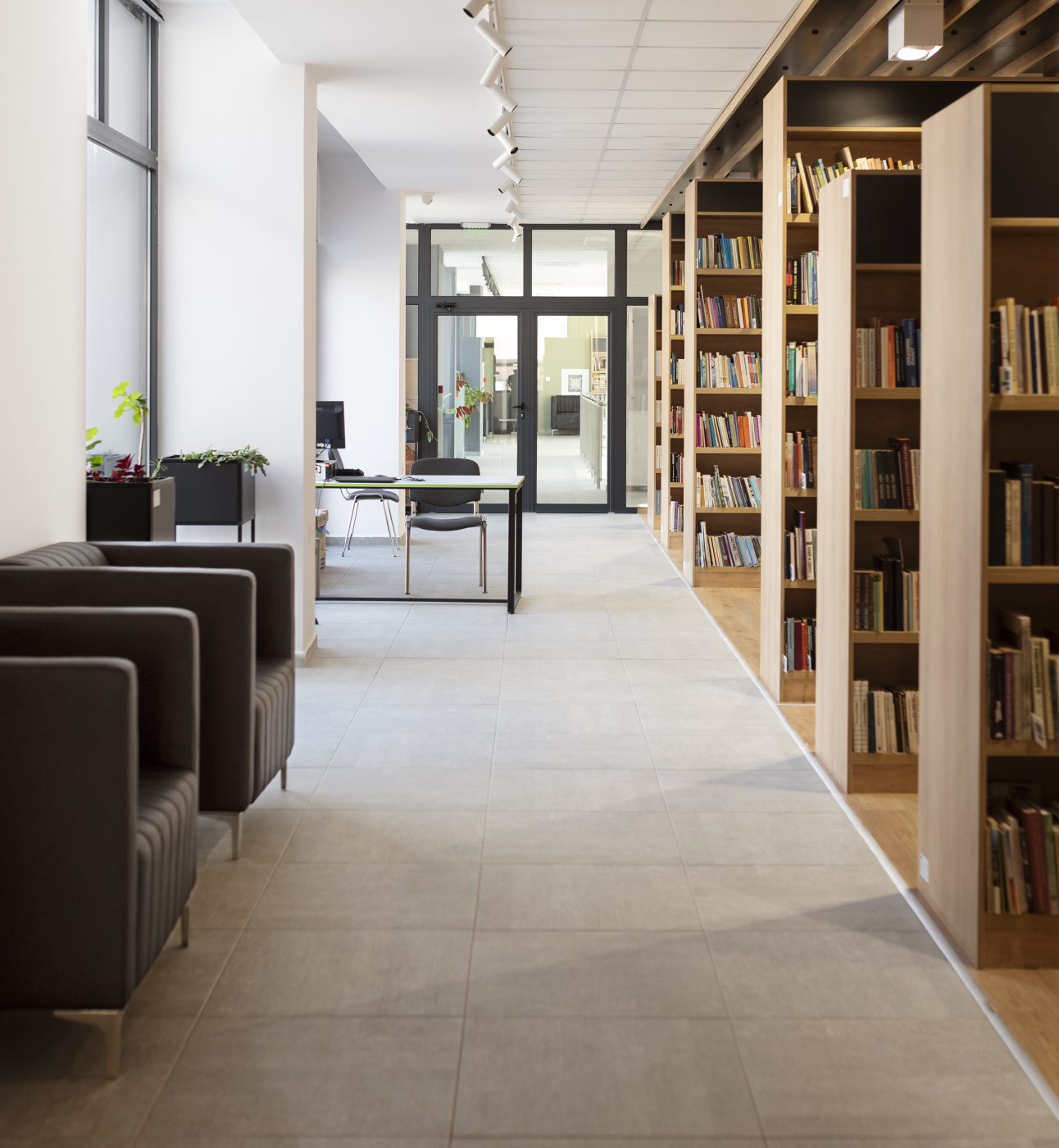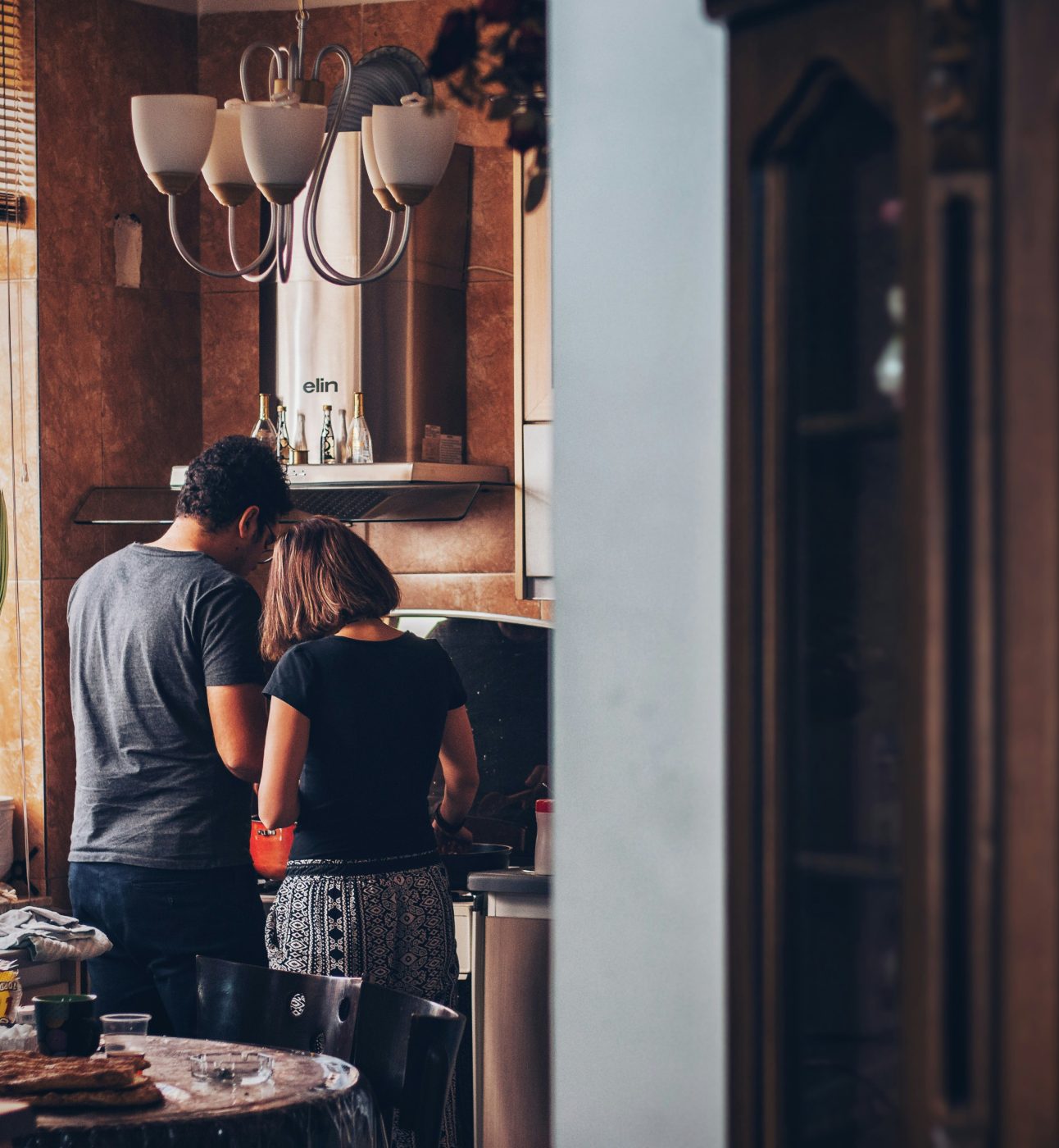Sadie always wanted to be a doctor, since her secondary school days.
“It was a dream I always had, I knew I liked helping people.” Training in Nigeria, Sadie initially did a lot of obstetrics and gynaecology. On moving to the UK, she went into general practice.
“It was better suited to what I wanted to do, I see a wider range of patients, and I can reach different people. It also gives me a better work-life balance with my family.” Sadie is married to a fellow doctor: they met at medical school, and they have a seven-year-old son.
In February 2023, just a few weeks into a new training post, Sadie started to experience health issues. She was waiting for an urgent cancer referral when she experienced acute sudden onset abdominal pain, and she was rushed to hospital by ambulance. Following surgery for ovarian torsion, Sadie was told she had ovarian cancer.
“It was devastating for me” Sadie recalls. “Being a doctor with my obs & gynae experience, it wasn’t pleasant having that knowledge. The thing with ovarian cancer is that it’s not easily diagnosed. Symptoms are not specific and you can’t screen for it. Most patients come in at an advanced stage. I remember, as a doctor, finding it really difficult and depressing to see such patients. To be given the same diagnosis – it was devastating at the time. I could picture all those patients, and I remember feeling ‘this can’t be me.’
“After the first surgery, I was told I needed more surgery and chemotherapy. It meant I would have to be off work for a long period of time. I was just thinking: ‘What do I do? How do I afford to stay in the UK without income?’
“I was really, really worried about the financial aspect. We were trying to work out how to do this with the little savings we had. We had to cut down so much in the house, just to be able to survive – pay the rent, the bills, just to keep going. At one point, I considered whether I could take the chemo and still go back to work. The chemo sessions were every three weeks, so I initially thought I could stay home the first week, and go back for a week or two between sessions. But I was just so fatigued.
“I talked to my training supervisors who mentioned the RMBF. It was really such a deep relief hearing I was to receive money from them. I didn’t have to worry about paying the bills, and I could just focus on getting better.
“My health is fine and I’m back at work now. I started a phased return, building up my hours. The last scan was OK, things are stable and I’m really happy.”



